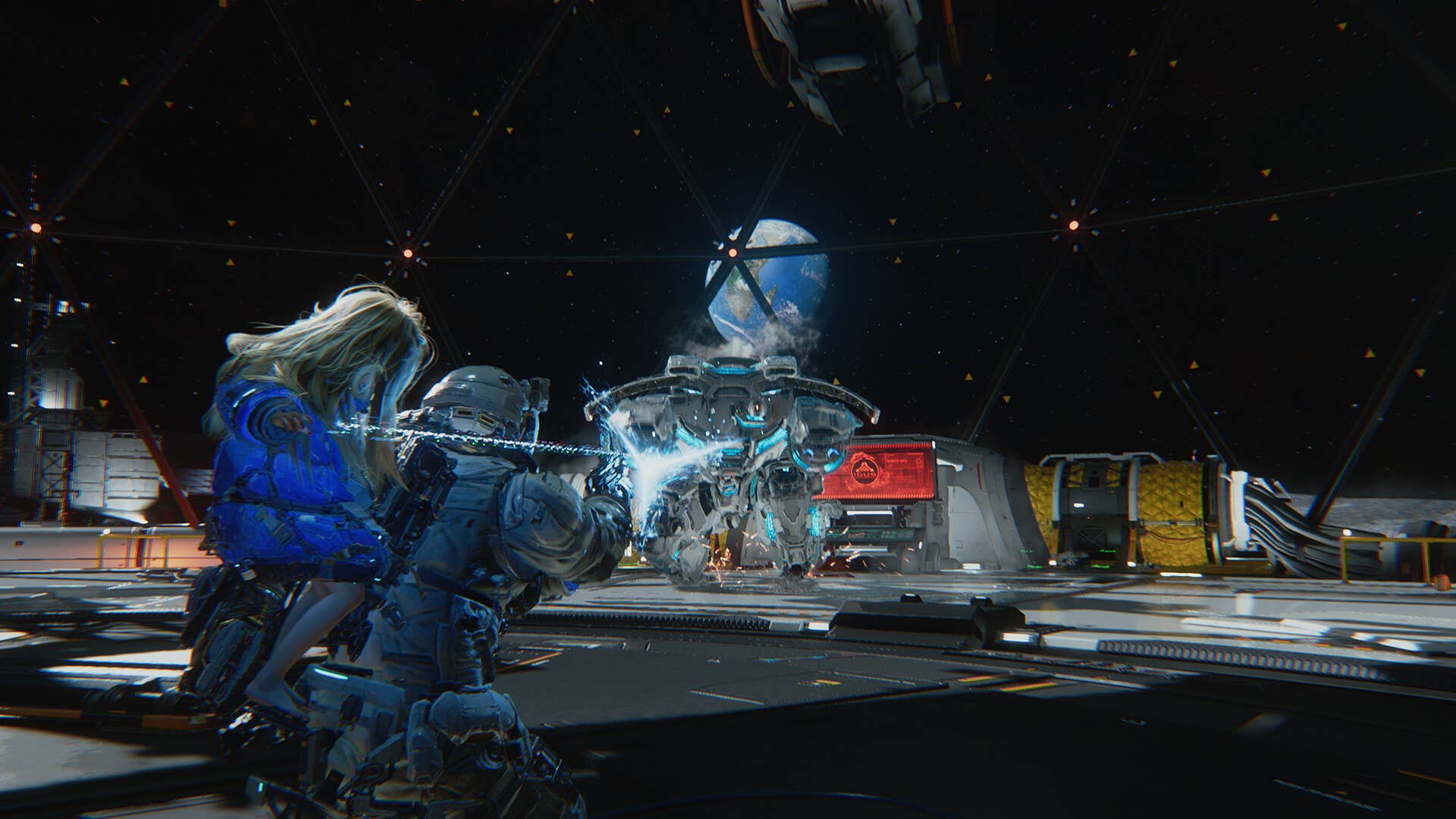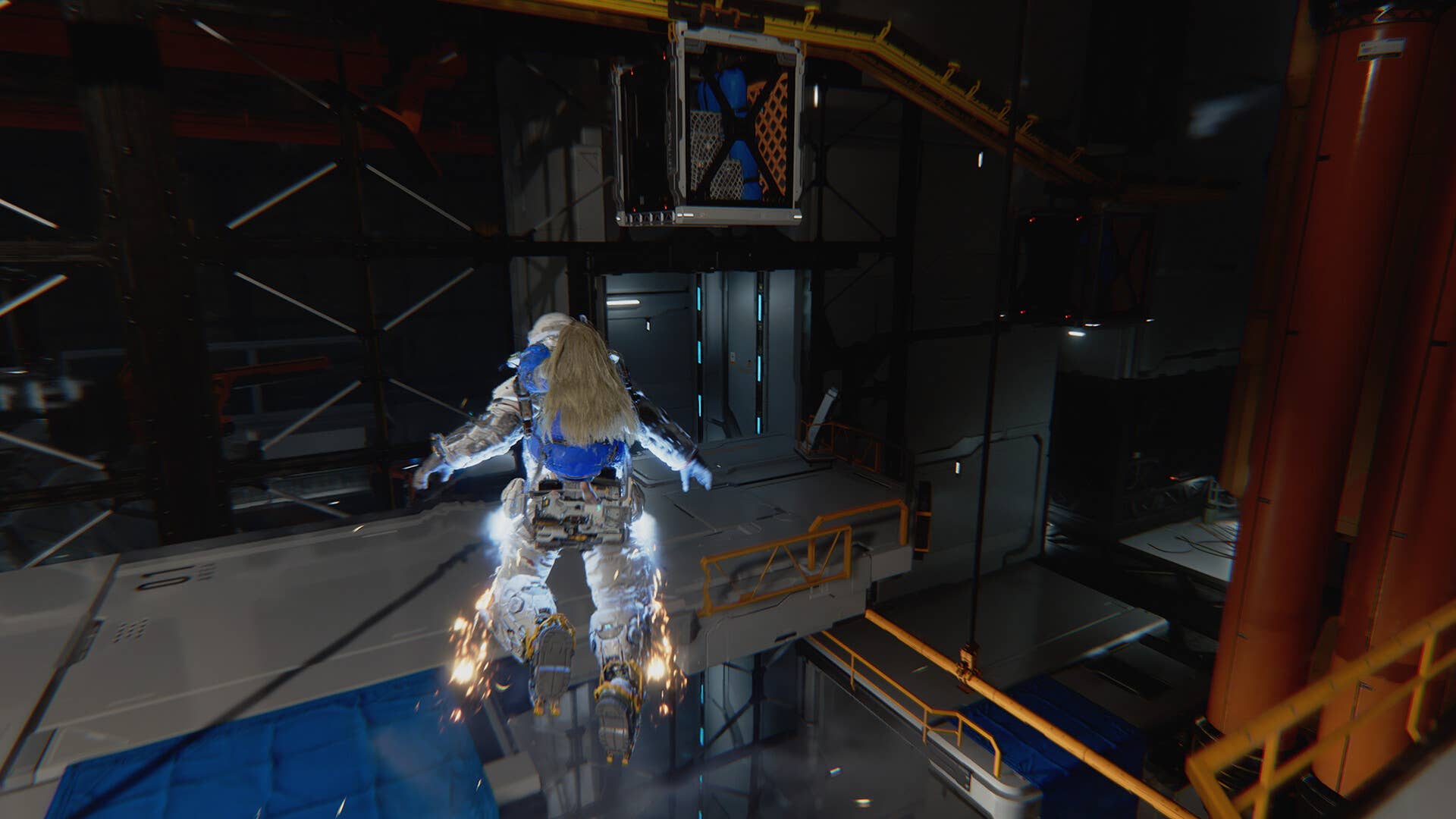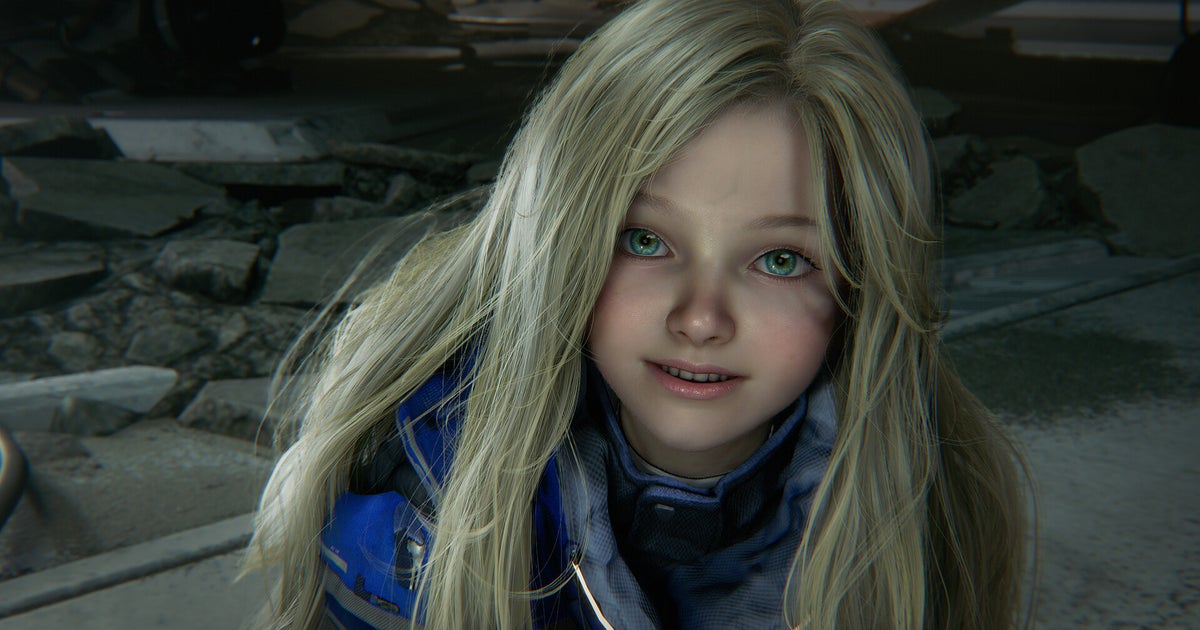I love it when Capcom experiments. It’s true that with a staple of franchises and characters like those it has, there isn’t all that much pressure on Capcom to experiment. It has most of what it needs to make that corporate profit line go up, in truth. But every now and then the company nevertheless experiments with something new – and usually, backed up by those successful franchises, the company can strike gold.
My favourite Capcom experiment of all time is undoubtedly Dead Rising. We shouldn’t take that Dead Rising came to exist for granted – with one successful zombie IP, Capcom had little call to create another. But it did, and in differentiating itself from Resident Evil we ended up with a mechanically glorious offering. Pragmata, I think, could very well be that sort of Capcom experiment. More Dead Rising than Exoprimal, so to speak.
After years in what certainly looked like development limbo, Pragmata has emerged as a third-person sci-fi shooter where a bloke in a spacesuit (Hugh) stomps around smashing up androids and solving the odd environmental puzzle to progress. Fun enough, but certainly like a hundred other video games out there. There must therefore be a twist – and Pragmata’s is delightful.
Basically, it’s a puzzle game. The enemy robots I encounter in a 20-minute hands-on demo all have some sort of shielding that renders bullets useless. That’s where Pragmata’s little girl sidekick Diana – who is actually (of course) an android herself – comes in.
Squeeze the left trigger to aim down sights at the robot and a little sliding block puzzle appears on the right hand side of the screen. You must use the controller face buttons to move through a maze quickly to deactivate the robot’s shields. Sometimes you just have to move an icon from point A to point B, while other times bonus objectives lay along the way, where if you navigate to the end of the hack while also hitting key points along the way you might unlock a damage bonus for when you start shooting.
Crucially, combat does not pause or slow while you’re hacking – it happens in real time, meaning you might need to dodge mid-hack, or cancel a hack midway if the combat positioning situation deteriorates. The challenge of doing both things at once is the point.

With the shields down, you’re free to blast the robot to bits. So a flow emerges – hack while backing off from attacks, then get in there and blast away.
I often tire of hacking mini games in RPGs or shooters and the like, and so that is where Pragmata is most impressive – I enjoyed hacking, and found it intuitive and challenging to do while juggling the other requirements of third-person combat. When you end up in encounters with two or three enemies players have to do some quick thinking and make tough choices – which hack should they do first? Should you hack all of the foes and only then start blasting, or should you pick them off one at a time?
It’s multitasking: the game, with players asked to juggle two characters each with unique skill sets at once. I find it fascinating, and honestly I can see why Pragmata took so long to emerge in a playable state – I can easily imagine it took a heck of a lot of iteration to get the basic controls to a point where hacking and shooting, controlling both Hugh and Diana at once, feels natural and intuitive. In the section I played, it does.

The vibes are myriad. I get a little bit of God of War, or The Last of Us, or one of those other Sad Dad games, from the pairing of Hugh and Diana. Some of the visuals give me Lost Planet vibes. The experimental gameplay systems design certainly echo Dead Rising, even if it’s mechanically something very different. The concept of hacking robots to expose their weak points even made me briefly think that this has the vibes of a realistic Mega Man reboot. Which is a strange but welcome thought.
As you likely appreciate, I really think it’s rather good. Though it’s also true that a 20-minute demo against a limited range of enemies doesn’t stretch the concept very far – and the system could easily wear thin and take on the status of a gimmick. Capcom will need to show us more to prove that this system can work writ-large, then – but as a concept, it’s already got me very excited to see how far this design can be taken. We’ll find out when Pragmata releases in 2026.

